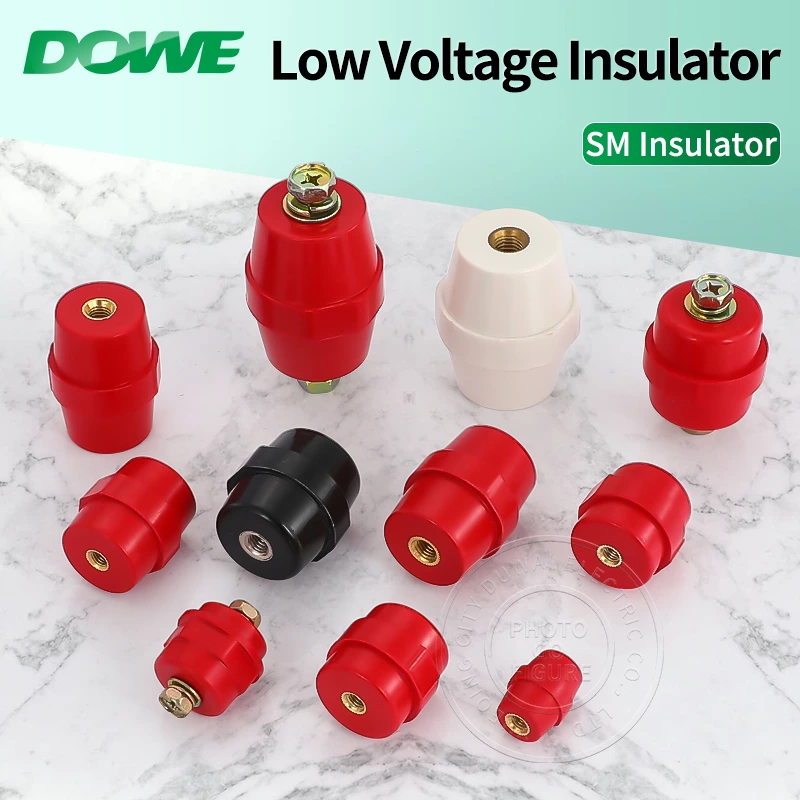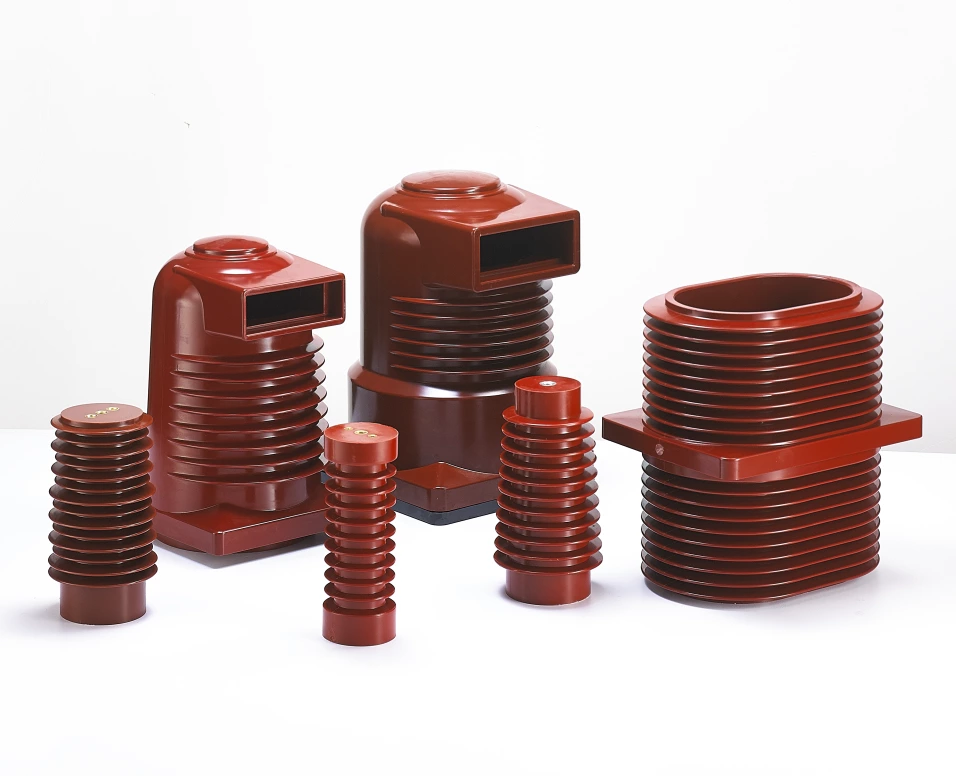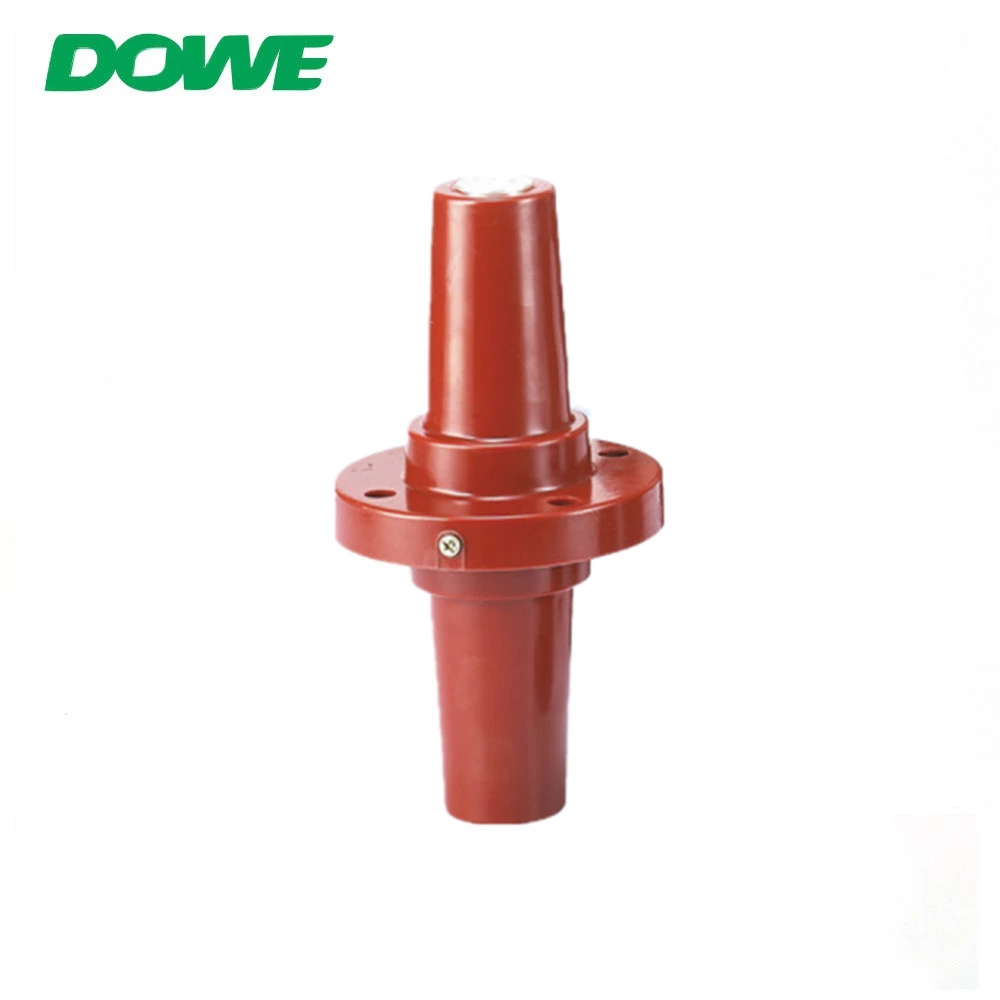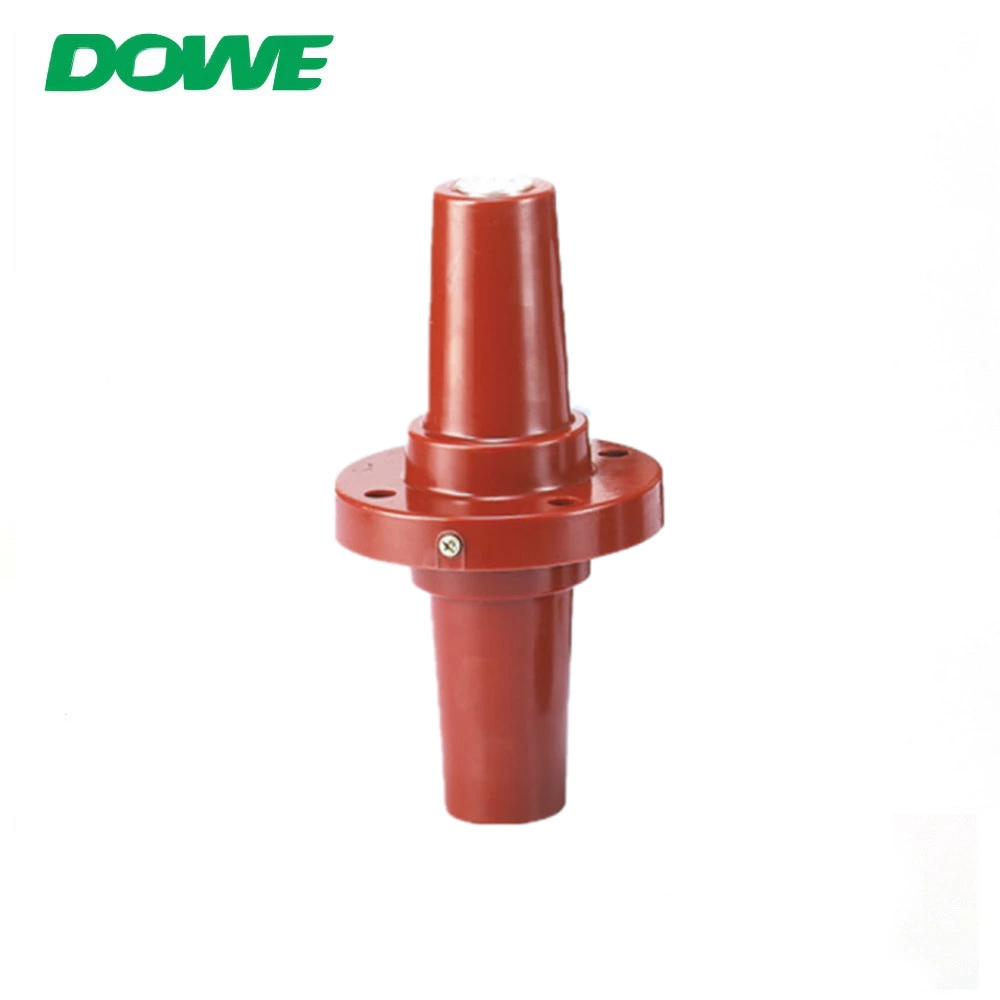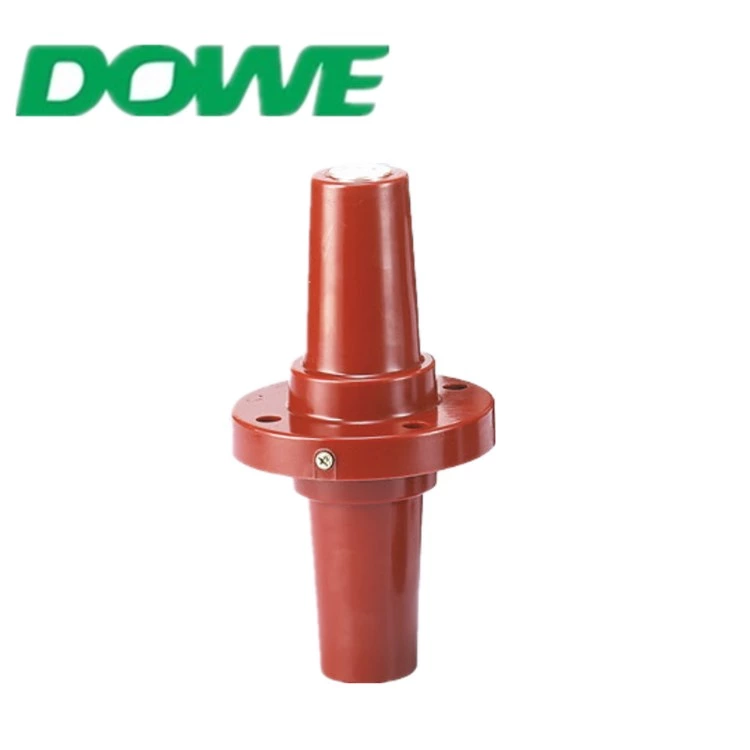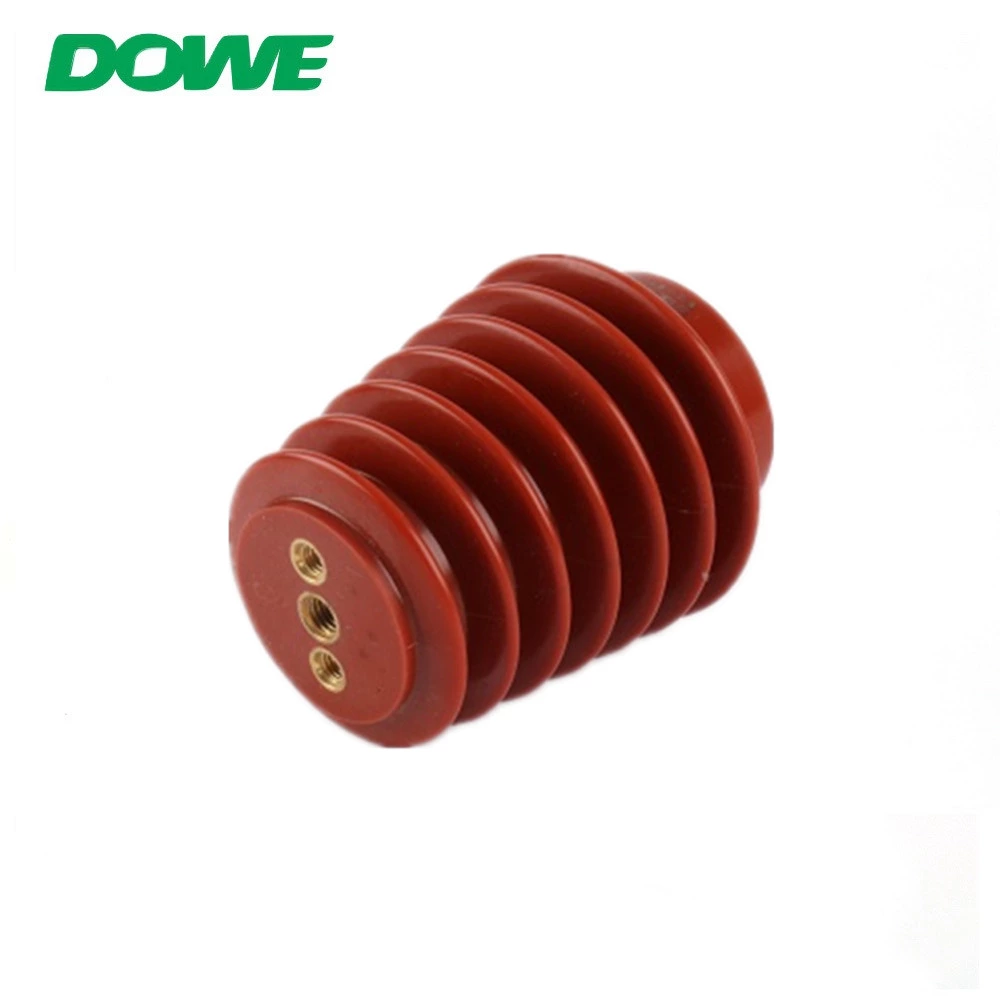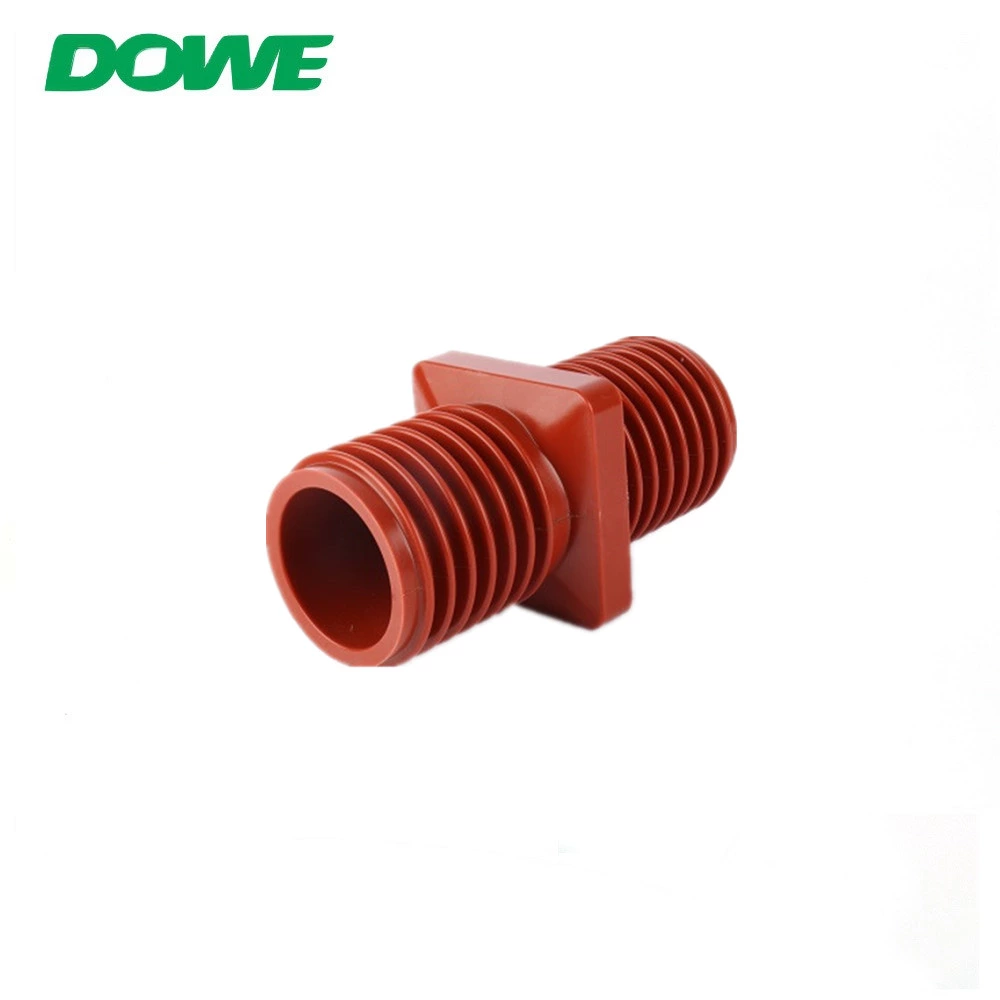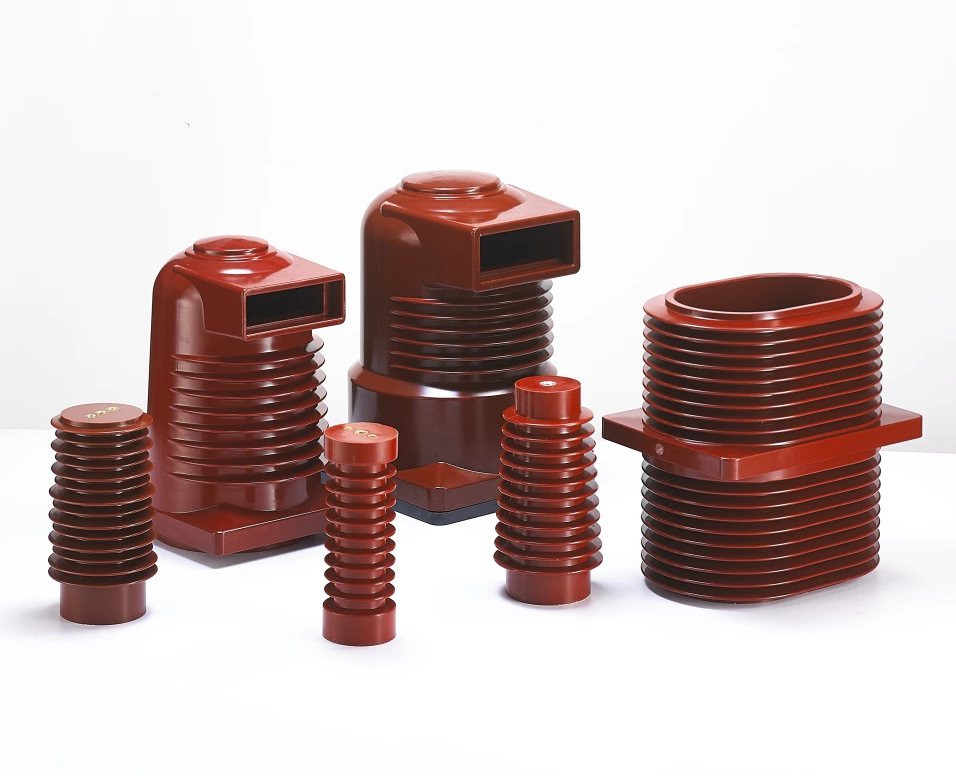How to Choose the Right Busbar Insulator Support for Your Project?

When selecting the right busbar insulator support1, the stakes are high. A poor choice can lead to safety risks, poor performance, and unnecessary costs. So, how do you ensure you're making the best decision for your project?
The key to choosing the right busbar insulator support is understanding your specific project requirements, including load, environmental conditions, and certification needs.
Choosing the right busbar insulator support is crucial for the success of your electrical installation. Let’s explore how to evaluate the various factors that influence your decision.
What Factors Should You Consider When Choosing a Busbar Insulator Support?
When it comes to selecting busbar insulator supports, several factors can impact the final decision. From environmental considerations to material strength, each plays a vital role in ensuring durability and safety.
You should consider factors such as load requirements, environmental conditions, insulation type, and certification standards to ensure optimal performance.
Dive Deeper into the specifics of each factor. Let’s explore how material choice, load-bearing capacity, and environmental conditions influence the selection of the right support.
Material Choice

Materials like porcelain, fiberglass2, and composite3 have different properties. Porcelain is durable but heavy, while fiberglass is lighter and resistant to corrosion. Consider the material's electrical and mechanical properties before making a selection.
Load-Bearing Capacity
What’s the maximum load the insulator will support? Ensure the chosen insulator support matches the weight and pressure requirements of your busbar system. Learn more about load-bearing capacity4.
Environmental Conditions
Will your project be exposed to extreme weather conditions? The right material will ensure the insulator remains effective even under challenging circumstances. Environmental impacts5 such as temperature, humidity, and pollution can affect material choice and performance.
Dive Deeper into environmental impact factors. Let’s analyze how specific conditions affect the material choice for busbar insulator supports.
Temperature
High temperatures can affect the insulation properties, so high-temperature-resistant materials are essential in such environments.
Humidity and Pollution
In areas with high humidity or pollution, selecting corrosion-resistant materials becomes necessary to maintain long-term performance.
UV Exposure
For outdoor installations, UV exposure can degrade materials. Choose materials that are UV-stable to prevent premature wear.
What Certifications Should Busbar Insulator Supports Have?
Certifications ensure that the busbar insulator supports comply with safety and quality standards. Various certifications also help with regulatory compliance and assure reliability. Busbar insulator supports should meet IEC6, UL7, or other relevant standards to ensure they meet safety and quality expectations.
Conclusion
Choosing the right busbar insulator support involves considering various factors such as load, material, environmental conditions, and certifications. Make the right choice to ensure your project’s safety and success.
Footnotes
-
Clicking this link will help readers understand what busbar insulator supports are, how they function, and why they are critical in electrical installations. ↩
-
Clicking this link will explain the properties of fiberglass, including its benefits and when it is the preferred material for insulator supports. ↩
-
This link explains composite materials, their durability, and resistance in various conditions, making them suitable for busbar insulator supports. ↩
-
Clicking this link will explain how load-bearing capacity is calculated and why it is essential for the correct selection of busbar insulator supports. ↩
-
By clicking this link, readers can learn more about how different environmental conditions (like temperature, humidity, pollution, UV exposure) can impact the materials used in busbar insulators. ↩
-
This link provides details about IEC standards, including how they ensure busbar insulator supports meet global safety and performance criteria. ↩
-
Clicking this link will explain UL certification for busbar insulator supports, a key standard for ensuring quality and safety. ↩

